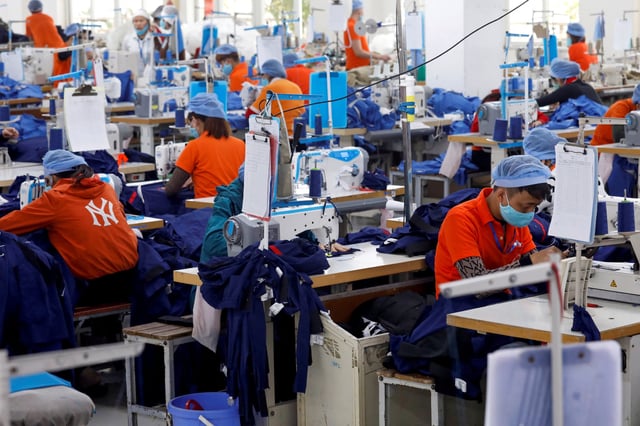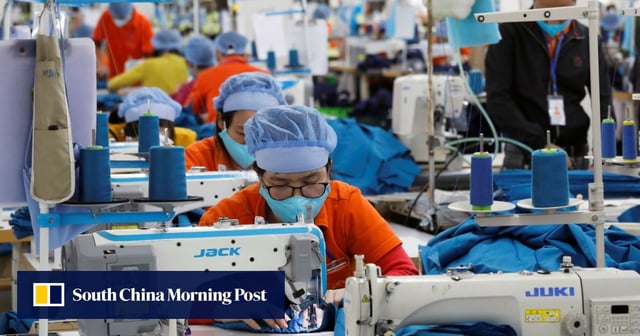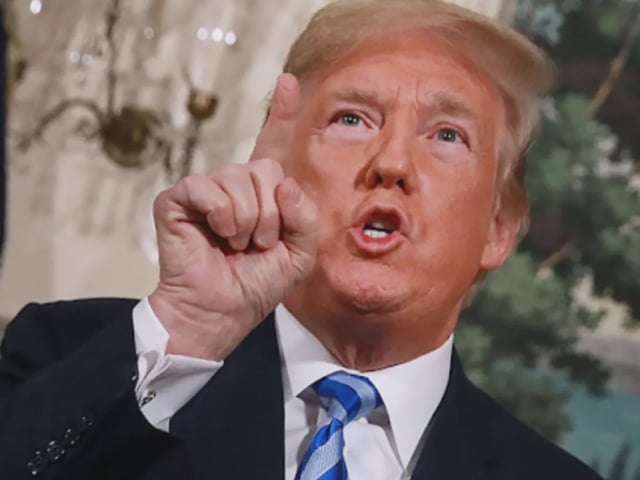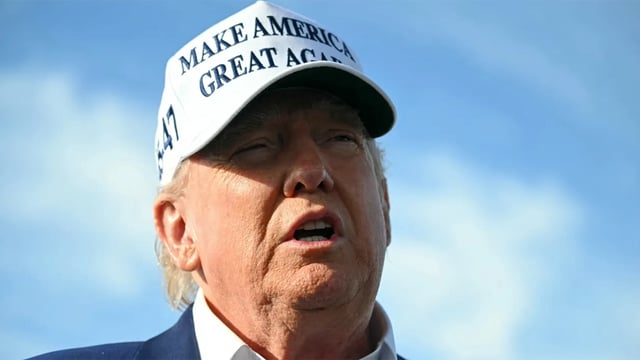Overview
- President Trump extended the deadline for a proposed 50% tariff on European Union goods to July 9, allowing more time for negotiations.
- The administration's tariff strategy aims to boost domestic manufacturing of military equipment, technology, and AI, deprioritizing textiles and consumer goods.
- Treasury Secretary Scott Bessent and Trump have stated that the U.S. does not need a 'booming textile industry,' drawing criticism from domestic textile advocates.
- Industry groups, including the American Apparel & Footwear Association, warn that higher tariffs will raise costs for manufacturers and consumers, disproportionately impacting lower-income households.
- Global trade dynamics remain unsettled as the U.S. negotiates with key partners like China and the EU, with mixed progress on reducing reciprocal tariffs.



